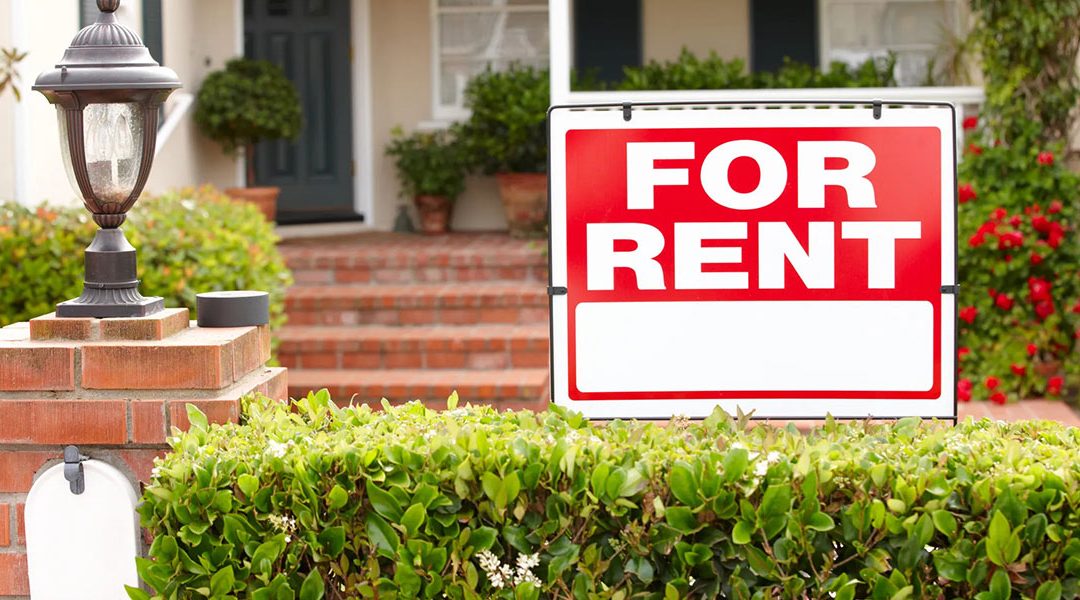Deciding to become a landlord can be a great business but there are important legal aspects that are critical to know. Failure to understand and abide by what landlords are and are not permitted to do can result in costly and time-consuming legal issues.
Here are some of the main points to consider if you own a rental property.
Rental property obligations
As a landlord, you are legally required to keep your rental property safe and sanitary, adhering to applicable parts of your city’s code of ordinances. This means providing working smoke and carbon monoxide detectors, supplying running water and complying with all housing, building, health and safety laws. If there is a problem with electrical, plumbing, appliances, heating and ventilation systems or fixtures you must ensure they’re fixed within a reasonable period of time. Basically, you’re to make all repairs and do whatever is reasonably necessary to put and keep the premises in a fit and habitable condition.
Security deposits
Landlords are allowed to require security deposits. This can provide security in case the tenant fails to pay rent or damages the property.
Upon move out, the tenant must provide a forwarding address. Within 30 days, you must forward an accounting of the security deposit, and there are no deductions for damage or missed rent, refund the security deposit in full. Failure to adhere to this rule can subject you to significant damages in housing court. If the tenant does not provide a forwarding address, then they are not entitled to additional legal remedies.
One aspect of security deposits that landlords often forget is interest. If a tenant pays a security deposit in excess of $50 or one month’s rent (whichever is the greater amount) and remains in the rental for longer than six months, you are required to pay 5% interest annually on the deposit.
Entering tenant property
Right of access is a serious topic for landlords to understand. Though you may own the rental property, you don’t have the right to enter it just any time you please. Except in the case of an emergency, landlords must give tenants at least 24 hours notice before entering the premises and enter only at “reasonable times.” Written notice, such as a letter, is best.
If a landlord violates this law, things could get messy. If the landlord makes an illegal entry, a lawful entry in an unreasonable manner, or makes repeated demands for entry that have the effect of harassing the tenant, the tenant may recover damages or terminate the lease. At the same time, Tenants are not permitted to deny reasonable requests by the landlord to enter the premises such as when you’re looking to check smoke alarms or inspect for pests.
Tenant responsibilities
It’s also important for landlords to understand what their tenants are legally required to do. Tenants must use all appliances, electrical and plumbing properly. They and their guests are to keep the premises clean and sanitary without damage and conduct themselves “in a manner that will not disturb his neighbors’ peaceful enjoyment of the premises.”
Tenants must also pay their rent on time. When a tenant is late with rent, you must give them written notice to vacate the premises, after which they have three days to vacate the property.
Landlords are allowed to take legal action against tenants that violate their other responsibilities as well.
Background checks and lease agreements
Performing background checks and incorporating thorough lease agreements can help avoid many issues with tenants. It’s a good idea to screen spouses, adult children and any cohabitating partners who will reside at the rental property. While landlords are not permitted to discriminate against tenants based on things such as race, religion or gender, they may deny tenants based on credit, criminal record or past evictions.
A thorough lease agreement can also help avoid problems between landlords and tenants. Rental leases should include:
- The names of all adult occupants, as well as who is allowed to live there and how long guests can stay
- A description of the rental including the property address and unit number as well as parking or storage areas
- Term of the tenancy
- Rent terms including the amount, when it’s due, acceptable payment methods, how to submit rent and fees and consequences for late payments
- Deposits and fees required and when and how the security deposit will be returned after termination of the lease
- Repair and maintenance policies including tenant responsibilities to maintain clean and sanitary premises and pay for the damage they inflict
- Right to enter the property when given appropriate notice
- Other rules, policies and restrictions such as smoking, etc.
- Rules for pets and home businesses
- Contact information
Lease agreements are not permitted to hold tenants responsible for damages due to a landlord’s negligence or charge tenants for maintenance and repairs when equipment has been used properly.
If you need help constructing a proper lease agreement or have other questions, contact me today to set up a time to chat.


